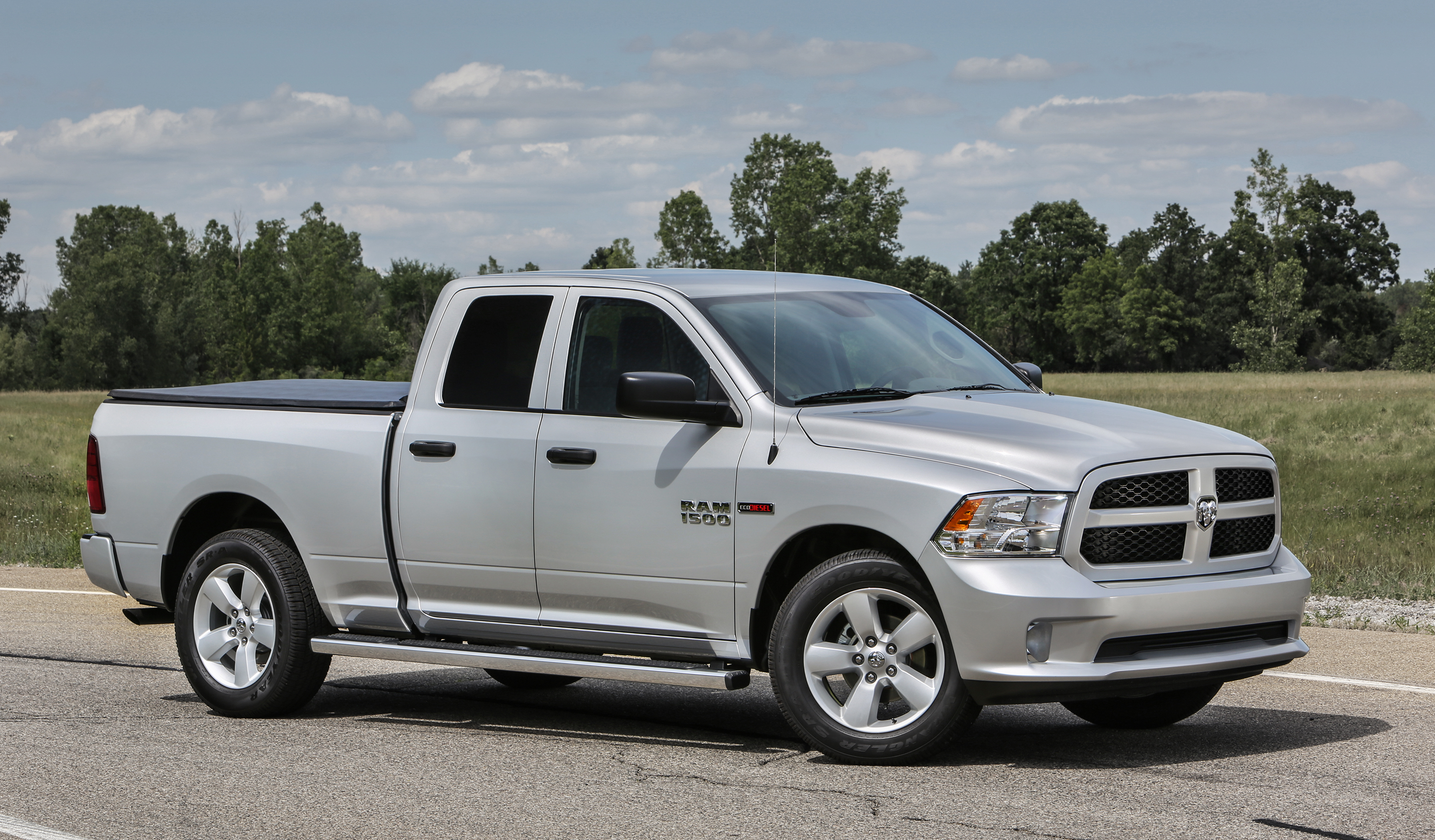Stellantis Takes A Plea Bargain On Diesel Emissions Cheating
The company is expected to pay between $250 and $300 million in penalties
Long ago, back when Fiat Chrysler Automobiles was an independent company with an earthbound name, it fell under the watchful eye of the EPA. Its 3.0-liter diesel engines, found in the 2014-2016 Ram 1500 and Jeep Grand Cherokee, were alleged to have "defeat devices" used to get around emissions requirements. Now, four years after the initial suit, Stellantis seems ready to plead guilty to the charges.
Stellantis' legal team has been bargaining with lawyers from the U. S. Justice Department, and it seems a plea deal amenable to both sides is imminent. The company is expected to plead guilty to using emissions defeat devices and pay up to $300 million in damages — nearly three thousand dollars per offending car sold.

Individual employees from Stellantis are still expected to go to trial next year, but a settlement with the DOJ will put this scandal firmly in the company's rearview mirror, where it will presumably be hidden behind a thick cloud of coal-rolled smog. FCA had previously asked the Justice Department for a lighter sentence, one that would et around the pesky "pleading guilty" part of the process, but the DOJ wouldn't budge.
Stellantis should really be happy with a $2,885-per-vehicle penalty. Back in 2015, the average profit from a light-duty pickup truck was hovering around the $10,000 mark. The Grand Cherokee likely netted significantly less profit per vehicle than the Ram, but Stellantis should be more than prepared to eat the costs.
When the penalties for an illegal action are lower than the profits from that action, the offense is no longer illegal. It's just a cost of doing business. A $300 million penalty to Stellantis is better than nothing, but it's a cost they can account for — and price into their future business plans.
